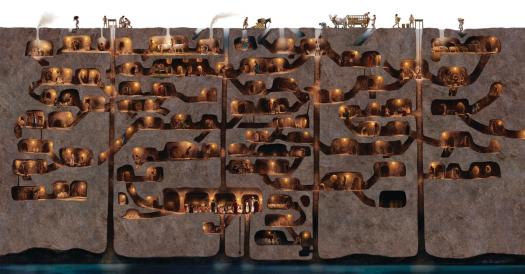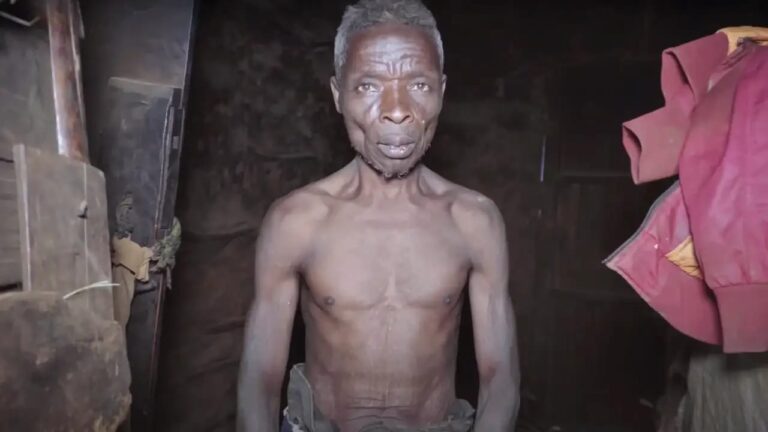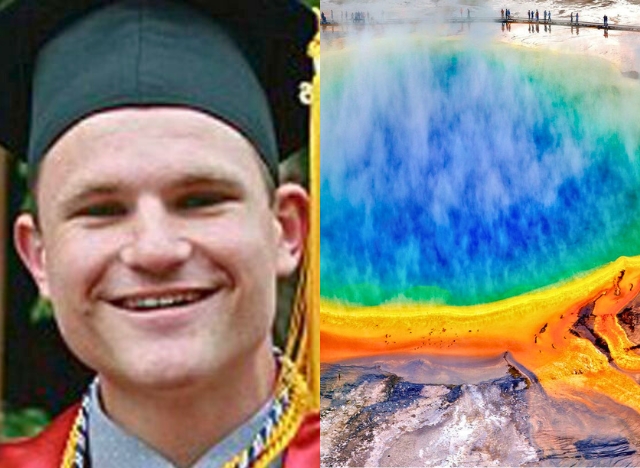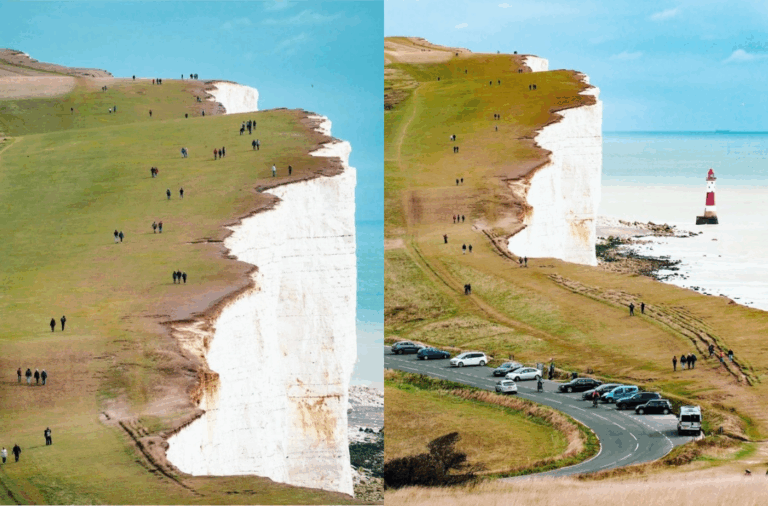In the quiet aftermath of her husband’s sudden death, Canadian author Jessica Waite faced not only the pain of loss but also the shattering weight of betrayal. In 2015, her husband Sean died unexpectedly during a work trip to Texas. While searching through his iPad for hospital details, Jessica stumbled upon evidence of a hidden life: escort searches, organized pornography folders, and even the existence of a secret apartment used for affairs. What began as mourning quickly turned into a collision of grief and rage.

Jessica’s response would defy expectations of traditional widowhood. In an act that stunned readers when she revealed it in her memoir, A Widow’s Guide to Dead Bastards, she desecrated Sean’s ashes by scattering some into her garden mixed with her dog’s feces. Then, in a moment she described as detached from reality, she consumed part of the ashes herself. She recalled the texture vividly: “The remains feel dry against my fingertips, coarser than baking powder, grainier than salt. They mix with the teary water, a mineral mud on the back of my tongue. I swallow.”
Observers of her story — grief experts, religious leaders, and cultural commentators — have debated what this act represents. Some argue it reflects complicated grief, where despair and anger fuse into extreme behavior. Others condemn it as desecration, while a few see it as a symbolic expression of intimacy and control after betrayal.
Waite herself later acknowledged that she was in a dissociative state, overwhelmed by both love and fury. Though she has since rebuilt her life and entered a new relationship, she admits that sorrow and betrayal remain constant companions. “I feel better and stronger than before,” she writes, “but I still cry almost every day, and I still feel like a part of me has died—because the part of me that existed within Sean did.”
Jessica Waite’s account ignites unsettling conversations about the boundaries of grief, love, and betrayal. Her story underscores how mourning can drive individuals into uncharted and disturbing territory, leaving behind not only personal scars but also a haunting reminder of the fragile human response to loss.










